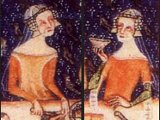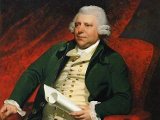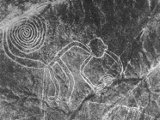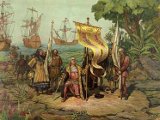Defenestration of Prague of 1618
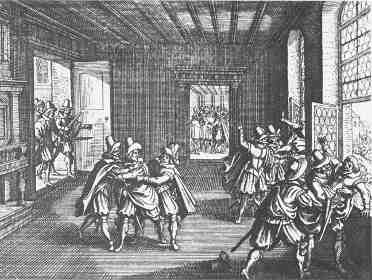
The Defenestration of Prague of 1618, also known as the Second Defenestration of Prague (the first took place on July 30, 1419, and provoked the Hussite Wars) was the event that triggered the devastating Thirty Years’ War (1618-1648). On May 23, 1618, the Bohemian Protestants stormed the Prague Castle and threw two Catholic Imperial officials and their secretary out of the castle’s window for violating the Letter of Majesty that was issued by Holy Roman Emperor Rudolph II in 1609 and granted religious freedom to the Bohemian Protestants.
The event that led to the outbreak of the Thirty Years’ War was provoked by closure of two Protestant churches that were built in the towns of Broumov (German: Braunau) and Hrob (German: Klostergrab). The protest against the closure of the churches was rejected and in response, the Protestant nobles threw the Imperial governors, Jaroslav Martinic and William Slavata as well as their secretary out of the window of the Prague Castle. All three survived the fifty-foot (fifteen-meter) fall without major injuries (they landed on a pile of dung) but the tensions between the Protestants and Catholics continued, not only in Bohemia but the entire Holy Roman Empire reaching their height with the election of ultracatholic Ferdinand II (King of Bohemia since June 5, 1617) as Holy Roman Emperor in 1619.
On May 27, 1619, the Bohemian Estates declared Ferdinand II deposed as King of Bohemia and elected Frederick V, Elector Palatine who came to be known as the Winter King due to his short reign. A few months later, they refused to accept Frederick II as Holy Roman Emperor which resulted in Imperial military intervention against Bohemia in autumn 1620. The Imperial Army aided by the Catholic League decisively defeated the rebel Bohemian Protestant forces in the Battle of the White Mountain on November 8, 1620. The Winter King fled to Holland, while the leaders of the Bohemian revolt were publicly executed in Prague in 1621. The victorious Holy Roman Emperor reestablished his authority in Bohemia and ordered re-Catholicization. The war against his Protestant opponents in the Holy Roman Empire, however, continued and by the end of the 1620s the tide of the Thirty Years’ War began to turn against the Habsburg Emperor.
